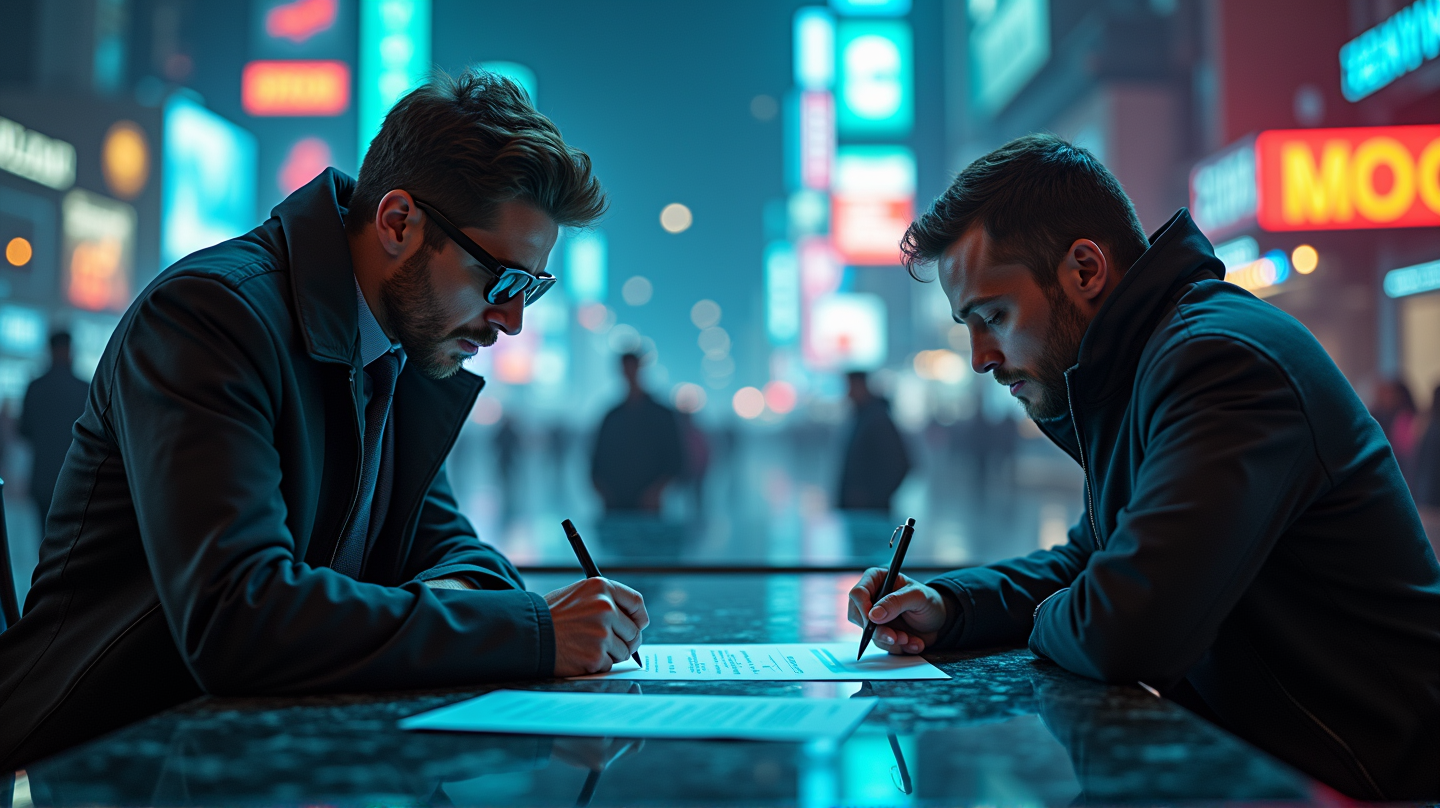In a dramatic plea echoing through the halls of entertainment, over 400 luminaries of the Hollywood constellation have united to pen a resonant letter to President Trump’s administration. The message: the unyielding defense of intellectual copyright in the booming era of artificial intelligence (AI). With signatories like the visionary Guillermo del Toro and the iconic Bette Midler, this open letter calls on the White House Office of Science and Technology Policy to protect their works from unlicensed commercial exploitation by AI technology giants.
A Letter of Artistic Defense
In response to a call from the administration for public comment on the country’s AI Action Plan, Hollywood’s creative force delivered a stern reminder that America’s leading edge in AI must not compromise the bedrock of its creative industries. As China’s DeepSeek and Manus AI emerge on the stage, the United States tech titans, including Google and Microsoft, advance their AI prowess under the contentious umbrella of the “fair use” doctrine.
The Fair Use Controversy
The contentious debate revolves around whether AI-reliant entities should be able to utilize copyrighted content without formal permission. Hollywood contends that such endeavors for commercial gains necessitate negotiated licenses. The The New York Times itself has stepped into the fray, suing OpenAI over alleged unauthorized use of its copyrighted content for AI training.
Hollywood’s Unified Cry
“Maintain the copyright protections that have fueled America’s prosperity,” exhorts the letter from Tinseltown’s elite. They passionately argue that AI enterprises need only comply with existing laws by negotiating licenses akin to standard industry practices. According to Media Play News, the message is clear: creativity is not a frontier to be compromised for technological expediency.
The Policy Implications
The Hollywood alliance’s letter is a significant moment as the administration shapes its AI policies. It underscores the need for a balanced approach that fosters innovation while protecting the unique contributions of creative professionals. As discussions continue, this collective voice will likely influence the direction in which AI and copyright law intersect.
The battle waged by Hollywood creatives is a testament to the protective barriers required to safeguard their creations, as technology continues its inexorable march. In a world increasingly driven by artificial intelligence, the guardians of creativity stand firm, determined to ensure that artistry is rightfully respected and rewarded.
